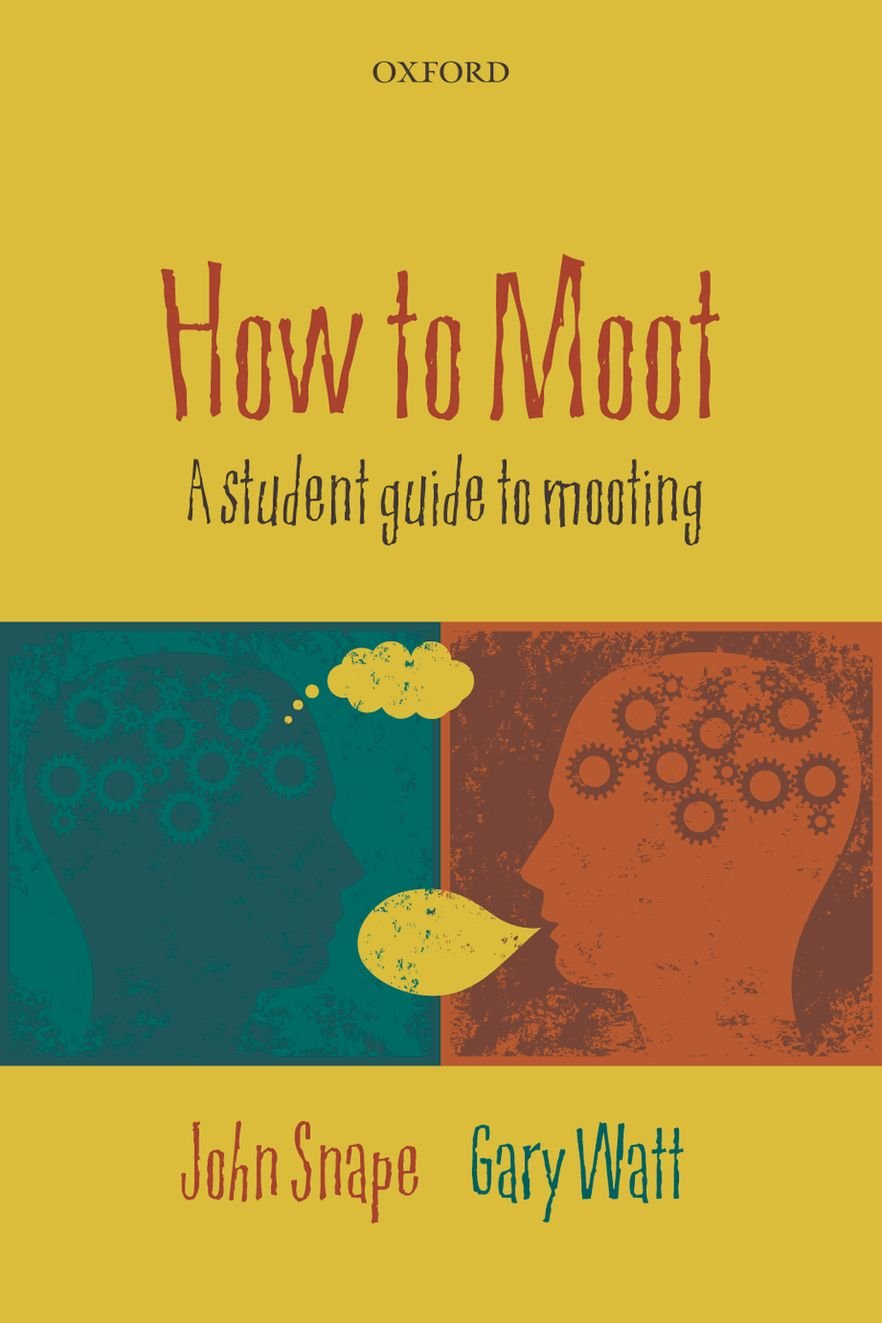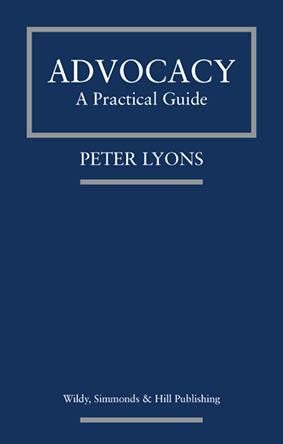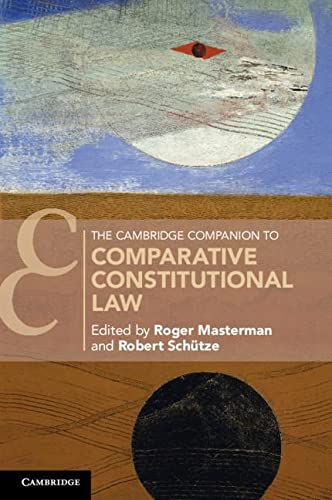-
Methodology of the Social Sciences, Ethics, and Economics in the Newer Historical School.
Koslowski P,Amaliy fanlar, -
-
-
-
The Cambridge Companion to Comparative Constitutional Law.
Roger Masterman, Robert Schütze.,
-
-
How to Moot: A Student Guide to Mooting
John Snape, Gary Watt.,How to Moot is essential reading for student mooters at all levels. Written by lecturers with many years' experience of supporting students and judging at internal and national mooting competitions, you can be sure that this book contains everything you need to know about preparing for and participating in moots, plus numerous tips to help you stand out from the crowd. The book is written in a uniquely user-friendly style: it is divided into 100 Q&As and structured in short, accessible chapters, so you can find what you need quickly and easily. Chapter summaries allow you to check you have covered the key points in each area, and diagrams clearly set out the procedural aspects of mooting. There are example moot problems and an entire transcript of a moot, so you can see exactly what happens at each stage.
-
Advocacy
Peter Lyons.,Advocacy: A Practical Guide is for those who wish to learn essential advocacy skills as well as those seeking to make their advocacy more effective. It shows you how to overcome nerves; how to present clearly and ethically; and how to undertake case analysis. It will also show you how to succeed in Interim Applications (Motions); Handling Witnesses in Examination-in-Chief (Direct Examination) and in Cross-Examination; Re-examination; Making Submissions of Law to a Court or Panel; and Trial Speeches. There is also a section on Written Advocacy which teaches you to write persuasively and how to draft submissions and effective skeleton arguments.
-
The Cambridge Companion to Comparative Constitutional Law.
Roger Masterman, Robert Schütze.,What is the purpose of comparative constitutional law? Comparing constitutions allows us to consider the similarities and differences in forms of government, and the normative philosophies behind constitutional choices. Constitutional comparisons offer 'hermeneutic' help: they enable us to see 'our' own constitution with different eyes and to locate its structural and normative choices by references to alternatives evident in other constitutional orders. This Cambridge Companion presents readers with a succinct yet wide-ranging companion to a modern comparative constitutional law course, offering a wide-ranging yet concise introduction to the subject. Its twenty-two chapters are arranged into five thematic parts: starting with an exploration of the 'theoretical foundations' (Part I) and some important 'historical experiences' (Part II), it moves on to a discussion of the core 'constitutional principles' (Part III) and 'state institutions' (Part IV); finally it analyses forms of 'transnational' constitutionalism (Part V) that have emerged in our 'global' times.




